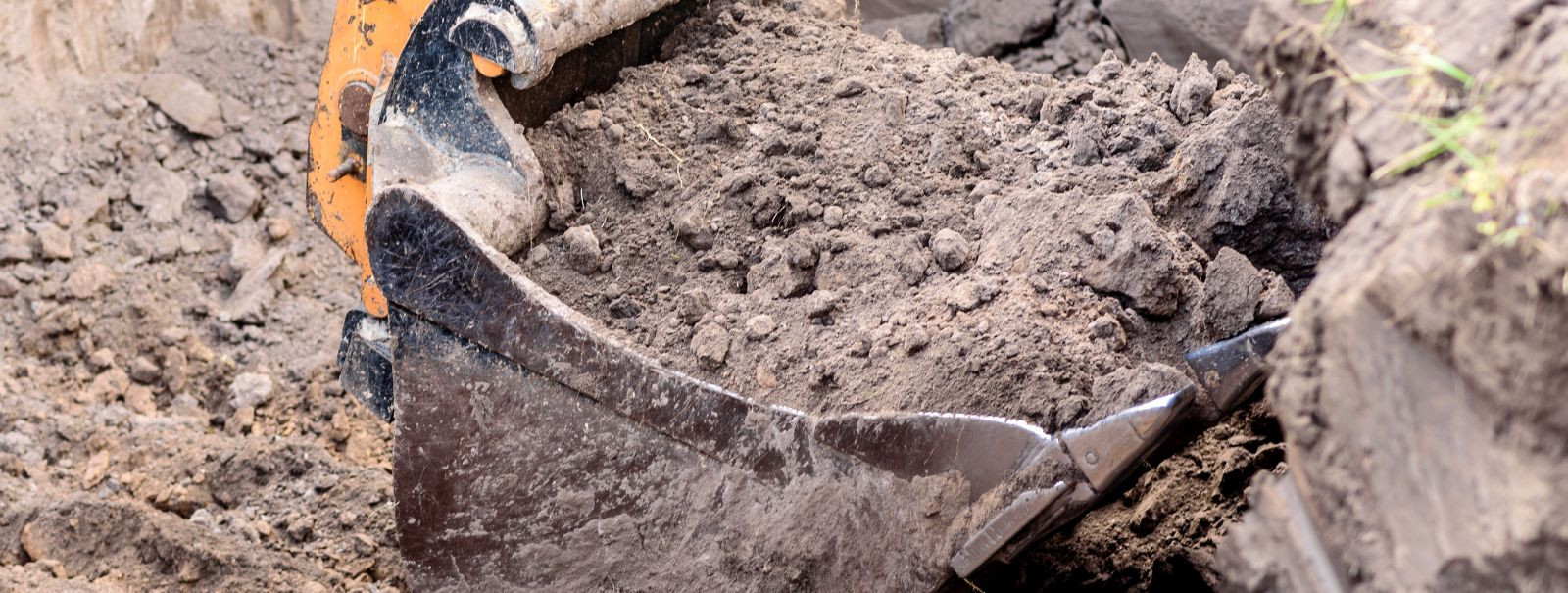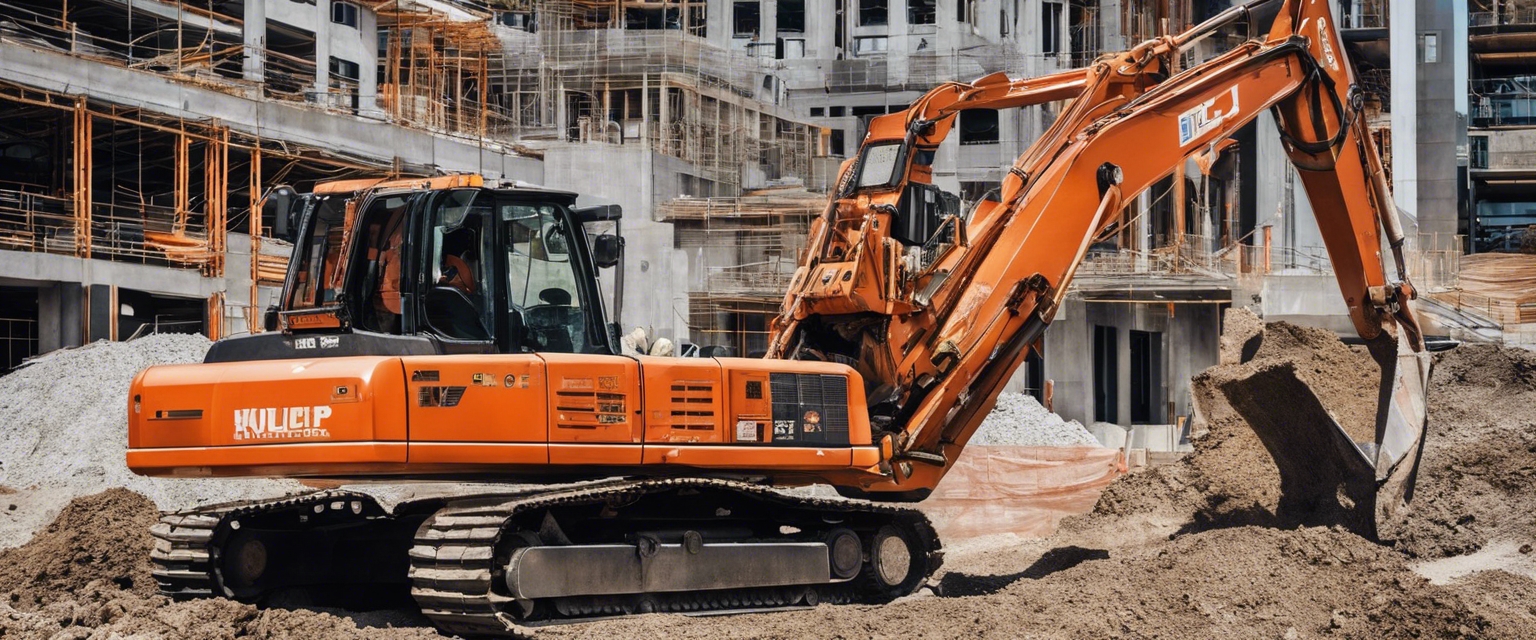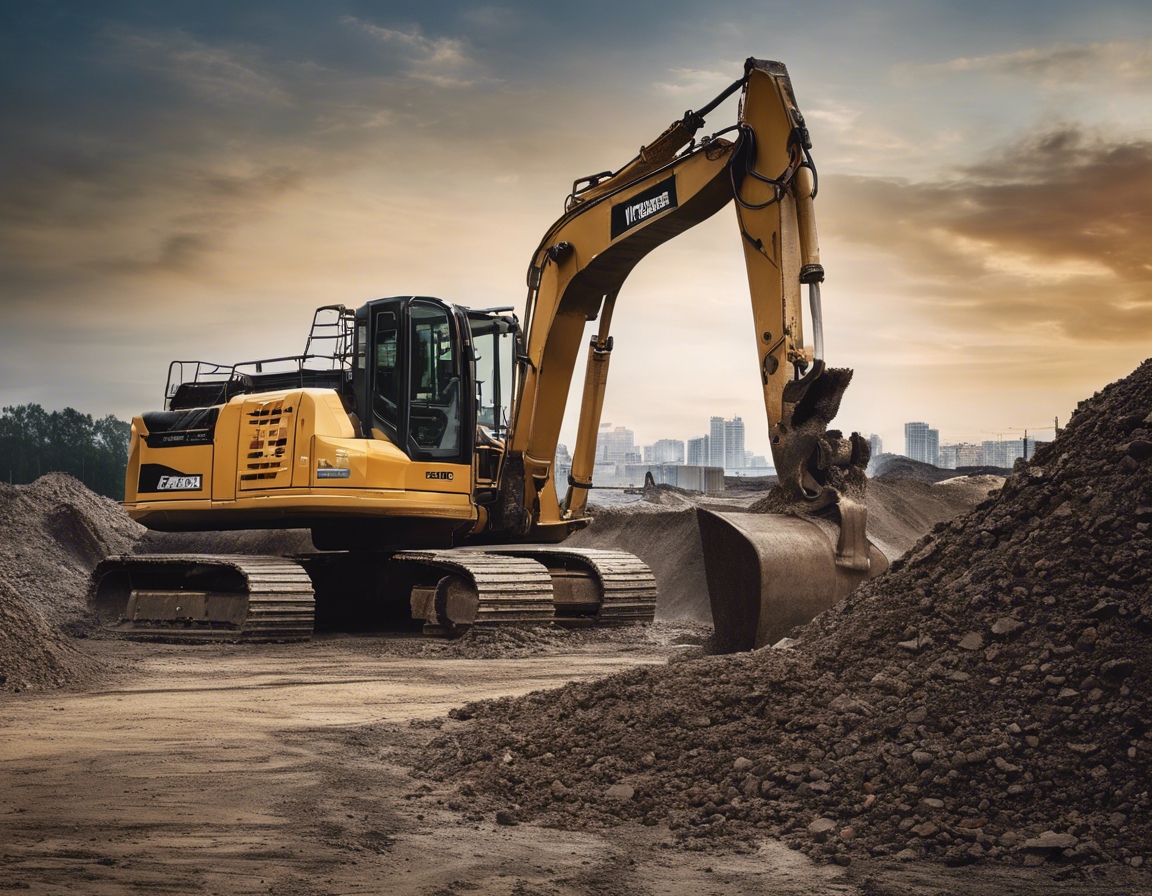The importance of efficient excavation in modern infrastructure
In the rapidly evolving landscape of urban and suburban development, modern infrastructure projects are becoming increasingly complex. At the heart of these projects lies the critical process of excavation, which serves as the foundation for constructing roads, bridges, buildings, and utility networks. Efficient excavation is not just a necessity but a cornerstone of successful infrastructure development, ensuring projects are completed on time, within budget, and with minimal environmental impact.
2. The Role of Excavation in Infrastructure Development
Excavation is fundamental in laying the groundwork for any infrastructure project. It involves the removal of earth to create a stable base for structures, ensuring their longevity and safety. Proper excavation techniques are crucial for maintaining the structural integrity of buildings, bridges, and other constructions, preventing future issues such as subsidence or collapse.
Beyond structural foundations, excavation plays a vital role in the installation and maintenance of utilities such as water, sewage, electricity, and telecommunications. Efficient excavation ensures that these essential services are seamlessly integrated into the infrastructure, minimizing disruptions and facilitating easy access for future maintenance and upgrades.
3. Challenges in Excavation for Modern Infrastructure
One of the primary challenges in modern excavation is the increasing density of urban areas. Limited space requires innovative solutions to excavate without disrupting existing structures and services. This necessitates precision and expertise to navigate the complexities of urban environments.
Environmental sustainability is a growing concern in infrastructure projects. Excavation must be conducted with minimal impact on the surrounding ecosystem, requiring careful planning and execution to preserve natural habitats and reduce carbon footprints.
The rapid pace of technological advancement presents both challenges and opportunities in excavation. Staying abreast of the latest technologies is essential for improving efficiency and accuracy, but it also requires continuous investment in training and equipment.
4. Benefits of Efficient Excavation Practices
Efficient excavation practices can significantly reduce project costs by minimizing waste, optimizing resource use, and preventing costly delays. This is particularly important in large-scale infrastructure projects where budget overruns can have substantial financial implications.
Time is a critical factor in infrastructure development. Efficient excavation ensures that projects stay on schedule, reducing the risk of delays that can disrupt timelines and increase costs. This is achieved through meticulous planning and the use of advanced technologies that streamline the excavation process.
Safety is paramount in any construction project. Efficient excavation practices prioritize the safety of workers and the public by adhering to strict safety standards and employing risk mitigation strategies. This includes using modern equipment and techniques that minimize the risk of accidents and injuries.
5. Innovative Excavation Techniques and Technologies
Trenchless technology is revolutionizing the way excavation is conducted, particularly in urban areas. This method allows for the installation and repair of underground utilities without the need for extensive digging, reducing surface disruption and environmental impact.
The integration of GPS and GIS technologies in excavation projects enhances precision and efficiency. These tools provide real-time data and mapping capabilities, allowing for accurate planning and execution of excavation tasks, reducing errors and improving overall project outcomes.
Robotics and automation are increasingly being utilized in excavation to improve efficiency and safety. Automated machinery can perform tasks with greater precision and consistency, reducing the need for manual labor and minimizing the risk of human error.
6. The Future of Excavation in Infrastructure Projects
The future of excavation lies in sustainable practices that prioritize environmental conservation and resource efficiency. This includes the use of eco-friendly materials, recycling of excavated materials, and the adoption of green technologies that reduce the carbon footprint of excavation activities.
As infrastructure becomes increasingly interconnected, the integration of smart technologies in excavation will play a crucial role. This includes the use of sensors and IoT devices to monitor excavation activities in real-time, ensuring optimal performance and reducing the risk of unforeseen issues.






Comments (0)